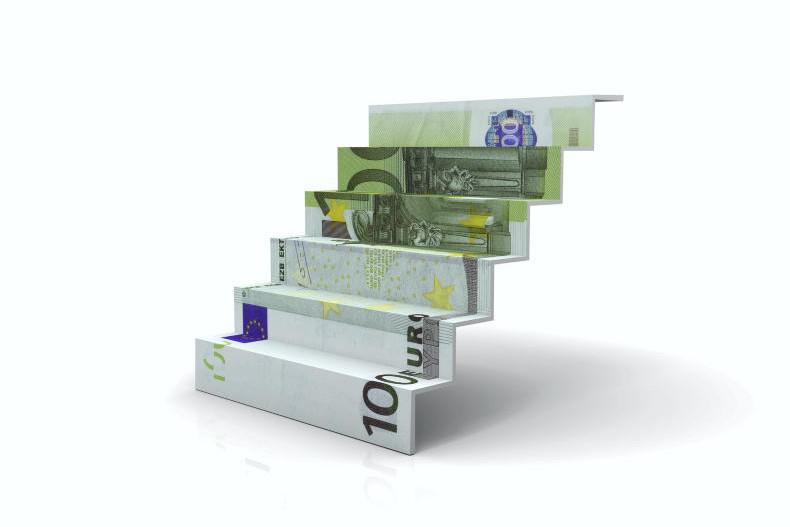There have been a couple of pieces of economic news recently which have come in significantly better than expected.
Inflation, which returned to the global economy so rapidly following COVID-19 shutdowns, then accelerated even more in the wake of the Russian invasion of Ukraine, continues to decrease as fast as it rose.
The latest Central Statistics Office (CSO) flash estimate for Ireland shows annual consumer prices have increased by 2.3% in the 12 months to the end of November. Across the euro-area, it is a similar story, with inflation at 2.4%, the lowest level since June 2021.
Obviously, this is good news for consumers as the pressure of rapidly rising prices of everyday goods starts to ease, and it is also good news for farmers as input costs come back under control.
Further, this means that it may not be too long before the European Central Bank (ECB) starts to reduce interest rates.
Isabel Schnabel, one of the most conservative members of the ECB decision-making board, said this week that following the “remarkable” fall in inflation, further interest rate rises can be taken off the table. She even gave a hint that there might be a cut in rates in 2024.
Her comments led to a rally in European stocks, as a more benign interest rate environment is likely to lead to an increase in investment across the euro-area, which in turn will increase economic growth.
Speaking of investment – there was more good news closer to home, with the release of the November exchequer returns, which showed record-high corporation tax receipts for the month.
The €6.3bn take for November provided considerable relief for Government, as there were fears that taxes collected from the sector would continue the drop as seen in the previous three months.
November receipts are critical, as more than a quarter of all corporate taxes are paid in that month.
The Department of Finance said the exchequer surplus for the year to the end of November was at €5.4bn, down significantly from the €12.1bn recorded in 2022. A significant proportion of that drop is down to the €4bn transferred to the National Reserve Fund in 2023.
There have been a couple of pieces of economic news recently which have come in significantly better than expected.
Inflation, which returned to the global economy so rapidly following COVID-19 shutdowns, then accelerated even more in the wake of the Russian invasion of Ukraine, continues to decrease as fast as it rose.
The latest Central Statistics Office (CSO) flash estimate for Ireland shows annual consumer prices have increased by 2.3% in the 12 months to the end of November. Across the euro-area, it is a similar story, with inflation at 2.4%, the lowest level since June 2021.
Obviously, this is good news for consumers as the pressure of rapidly rising prices of everyday goods starts to ease, and it is also good news for farmers as input costs come back under control.
Further, this means that it may not be too long before the European Central Bank (ECB) starts to reduce interest rates.
Isabel Schnabel, one of the most conservative members of the ECB decision-making board, said this week that following the “remarkable” fall in inflation, further interest rate rises can be taken off the table. She even gave a hint that there might be a cut in rates in 2024.
Her comments led to a rally in European stocks, as a more benign interest rate environment is likely to lead to an increase in investment across the euro-area, which in turn will increase economic growth.
Speaking of investment – there was more good news closer to home, with the release of the November exchequer returns, which showed record-high corporation tax receipts for the month.
The €6.3bn take for November provided considerable relief for Government, as there were fears that taxes collected from the sector would continue the drop as seen in the previous three months.
November receipts are critical, as more than a quarter of all corporate taxes are paid in that month.
The Department of Finance said the exchequer surplus for the year to the end of November was at €5.4bn, down significantly from the €12.1bn recorded in 2022. A significant proportion of that drop is down to the €4bn transferred to the National Reserve Fund in 2023.










SHARING OPTIONS